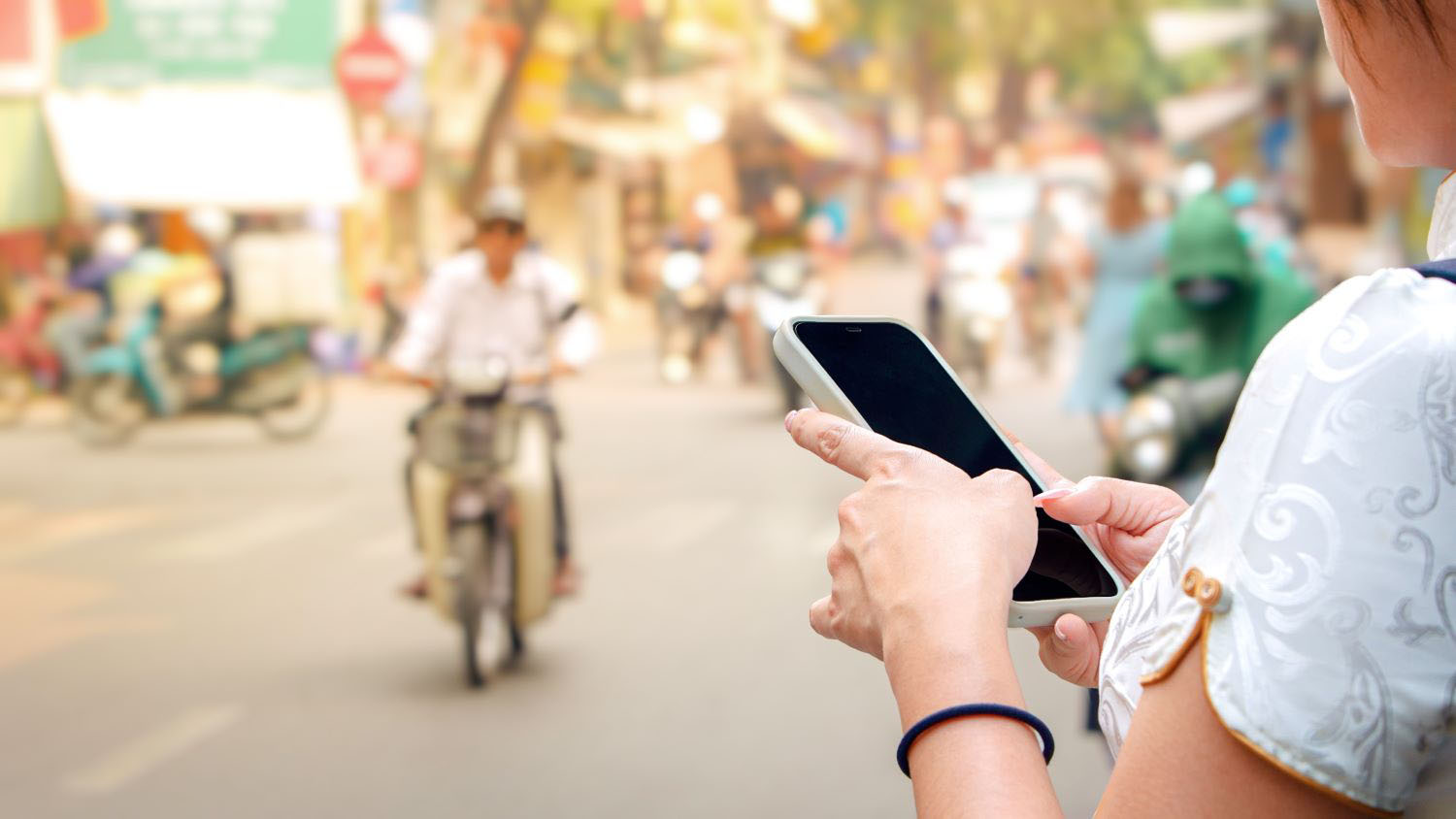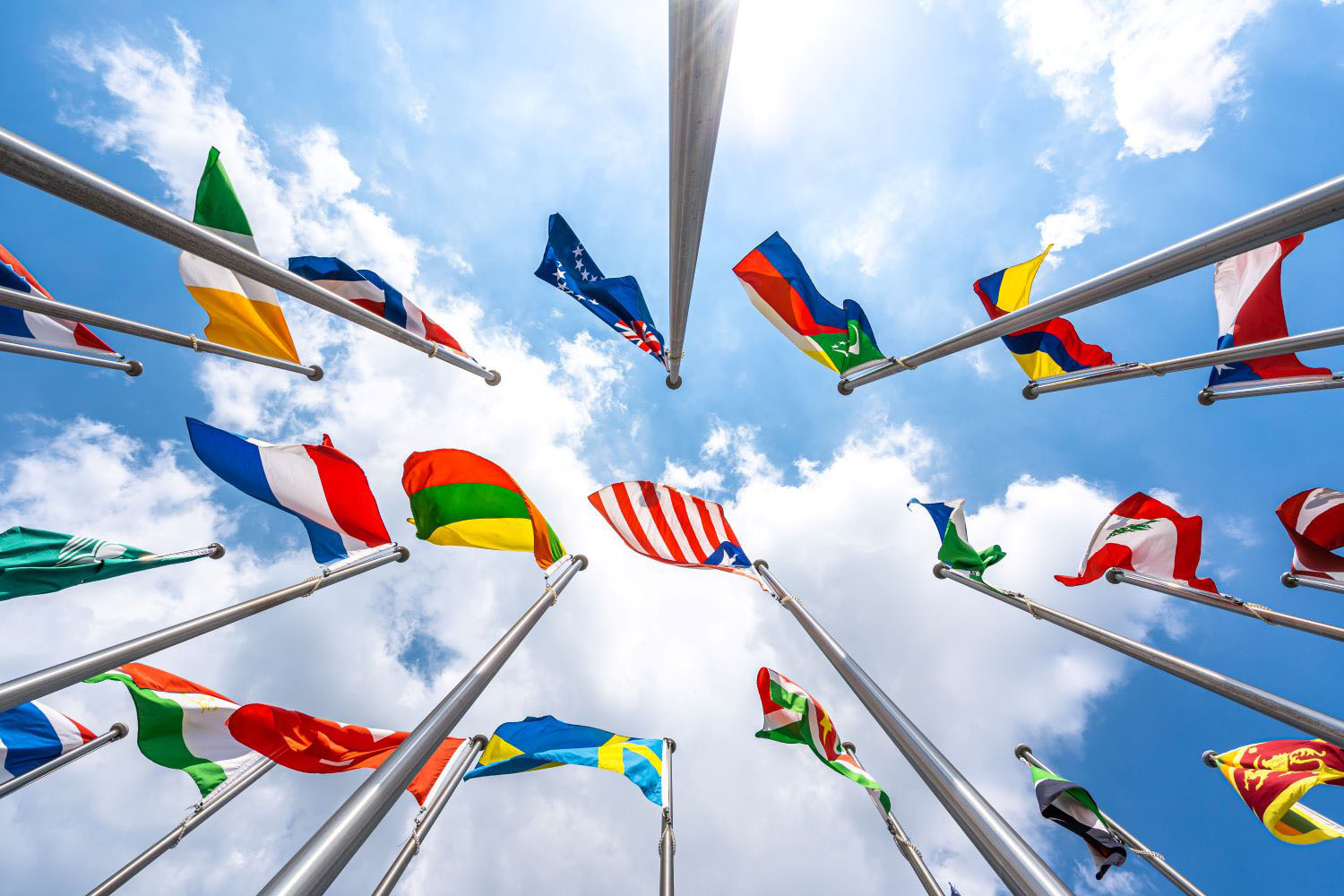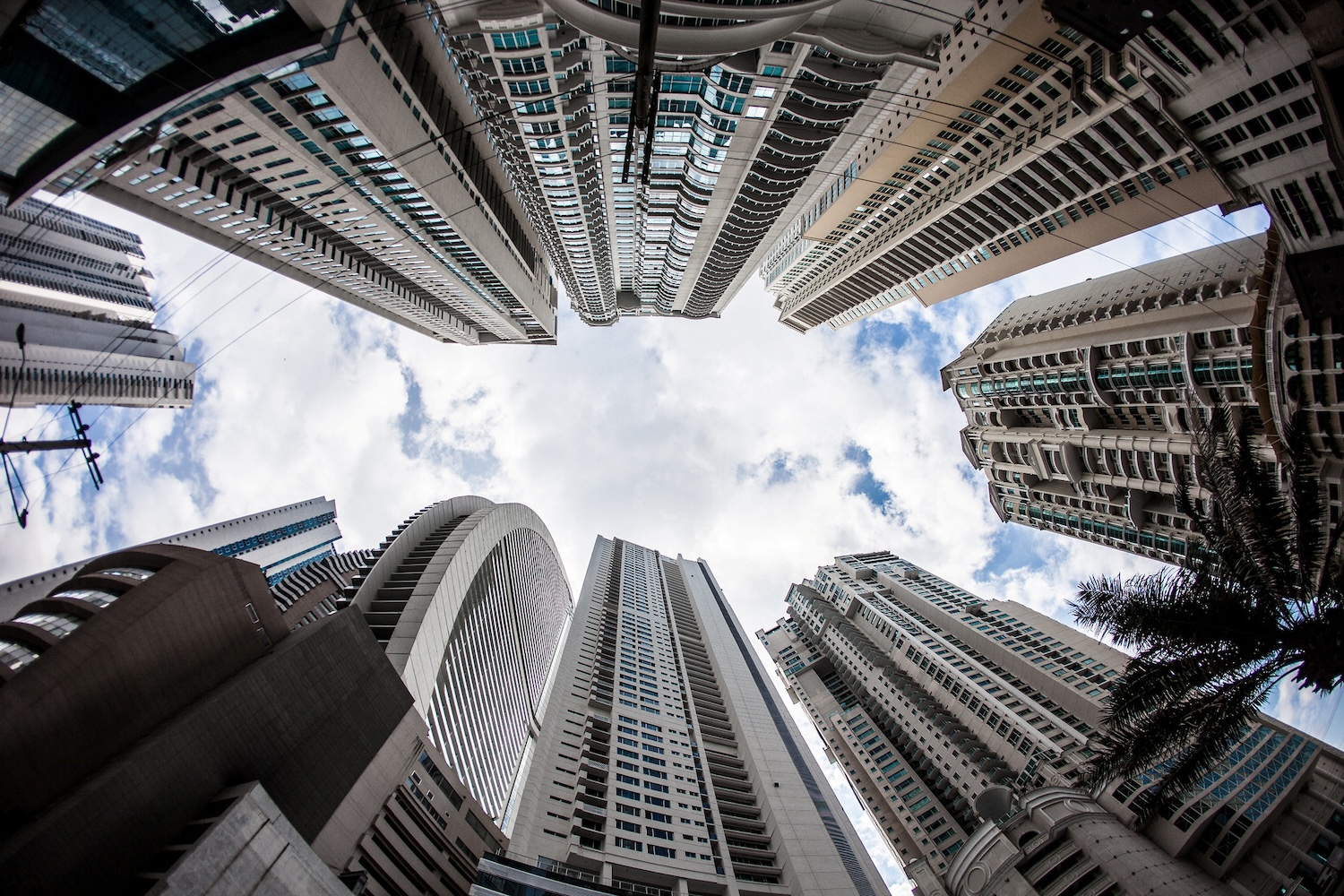For good or ill, high profile visits by the President of the United States always come with some major new announcements, AKA “deliverables”. For example, President Obama in Northern Ireland for the G8 summit announced on Monday an extra $300 million for Syrian refugees. So what will be the deliverables for the much-anticipated Presidential trip to Senegal, Tanzania, and South Africa?
If the point of the visit is to cement a deeper relationship with the continent and big new spending is out of the question, then we should throw away the idea of bearing gifts and instead bring what Africans say they really want from America: trade and investment, especially in power and other infrastructure. This is the first talking point for virtually every African head of state, and it’s also what the population seems to think is most important. Recent polling by Afrobarometer in 24 sub-Saharan countries found that Africans identified jobs or infrastructure as their most pressing needs. And they were five times more likely to list one of these as a top priority than either health or education.
But what, really, could the President announce in the next few days? Here are six off-the-shelf ideas, none of which would require new money:
- Trade Deliverable: FTAs and BITs. The President could announce the opening of meaningful negotiations for a free trade agreement and/or bilateral investment treaties with a select few countries (Senegal, Tanzania, and South Africa are all good candidates; I’d add Ghana, Nigeria, and Ethiopia too) or a regional grouping (the East Africa Community is the obvious choice).
- Trade Deliverable: AGOA re-authorization for 10 years. The President could announce the intention to extend for 10 years the African Growth and Opportunity Act which is due to expire in 2015. Even better, he could commit to upgrading AGOA by shifting the focus from tariff reduction to supporting export competiveness.
- Investment Deliverable: A Stronger OPIC. The Overseas Private Investment Corporation’s Africa portfolio is growing ($907 million in new commitments in 2012), but it could be doing much more with a few modest tweaks. Here is my list of seven steps, the most important of which are multiyear authorization, equity authority, and additional flexibility of internal resources to boost the portfolio.
- Investment Deliverable: An African Venture Fund at the IFC. The current system within the World Bank, where the US is a leading shareholder, is for its private sector arm (IFC) to subsidize its soft loan sovereign arm (IDA) at a cost of about $500 million each year. Instead, the President could announce support for something akin to Clay Lowery’s proposal for allowing IFC to retain those profits and instead invest them in projects in low-income countries. A focus on Africa is one variant.
- Infrastructure Deliverable: Double the US contribution to the ADF. Infrastructure accounts for more than half of the African Development Bank’s portfolio and replenishing its soft loan window is one of the best ways to crowd-in the US contribution. The FY2013 request was just $195 million, so the extra $195 million could be made budget neutral by reducing the $1.3 billion each year provided to the World Bank’s IDA. (Conveniently, replenishment negotiations for both soft windows are going on right now.) A modest shift from IDA to the ADF makes even more sense as IDA graduation creates near-total convergence of their client bases. (Ben Leo and I estimate that within the next dozen or so years, more than 80% of IDA’s clients will be African.)
- Power Deliverable: An ambitious new electricity access initiative. The White House is sending positive signals that a new effort to boost power generation and bring electricity to the 70% of Africans who live every day without it is in the works. I’m most optimistic here, but also hope that US ambitions are high enough to match the tremendous demand for energy.
These kinds of deliverables, rather than another youth forum or social services project, would make all the effort of a Presidential trip greatly worthwhile and send a positive signal that the US is serious about partnership with our African allies. Most of all, these would be a sign of a more mature relationship between the continent and the United States based on mutual respect and shared prosperity.
CGD blog posts reflect the views of the authors, drawing on prior research and experience in their areas of expertise.
CGD is a nonpartisan, independent organization and does not take institutional positions.





